胜地不常,盛筵难再,兰亭已矣,梓泽丘墟———《滕王阁序》
(L’Hospital law) Suppose \(f\colon (a,b)\rightarrow \mathbb R\) and \(g\colon(a,b)\rightarrow \mathbb R\) are differiential in \((a,b)\) (\(-\infty\le a<b\le +\infty\)). \(g'(x)\ne 0\) in \((a,b)\) and
\[\dfrac{f(x)}{g(x)}\rightarrow A,\ \ x\rightarrow a^{+}\ (-\infty\le A\le +\infty). \]When either (1) or (2) given by
(1) \(f(x)\rightarrow 0\) and \(g(x)\rightarrow 0\) as \(x\rightarrow a^{+}\).
(2) \(g(x)\rightarrow \infty\) as \(x\rightarrow a^{+}\).
happens, we have
\[\dfrac{f(x)}{g(x)}\rightarrow A,\ \ x\rightarrow a^{+} \]We can rewrite this result by replacing \(x\rightarrow a^{+}\) by \(x\rightarrow b^{-}\).
Proof: Since \(g'(x)\ne 0\), \(g(x)\) is strictly monotonous in \((a,b)\). Thus when either (1) or (2) happens, there exists \(\delta>0\) such that \(g(x)\ne 0\) in \((a,a+\delta)\). Now we replace \(b\) by \(a+\delta.\)
Fix \(x\) in \((a,b)\). For any \(y\) in \((a,b)\), due to Cauchy's mean value theorem, there exists \(\xi\) between \(x\) and \(y\) such that
We rewrite this as
If (1), there exists \(\delta_1>0,\delta_2>0\) such that
Pick \(y_x\in (a,a+\min\{\delta_1,\delta_2,x-a\}).\)
If (2), there exists \(\delta_3>0\) such that
Pick \(y_x\in (a,a+\min\{\delta_3,x-a\})\).
Hence \(\dfrac{f(y_x)}{g(x)},\dfrac{g(y_x)}{g(x)}\rightarrow 0\) as \(x\rightarrow a^{+}\).
Thus there exists \(\xi_x\in (y_x,x)\) such that
Obviously \(y_x,\xi_x\rightarrow a^{+}\) as \(x\rightarrow a^{+}\), hence
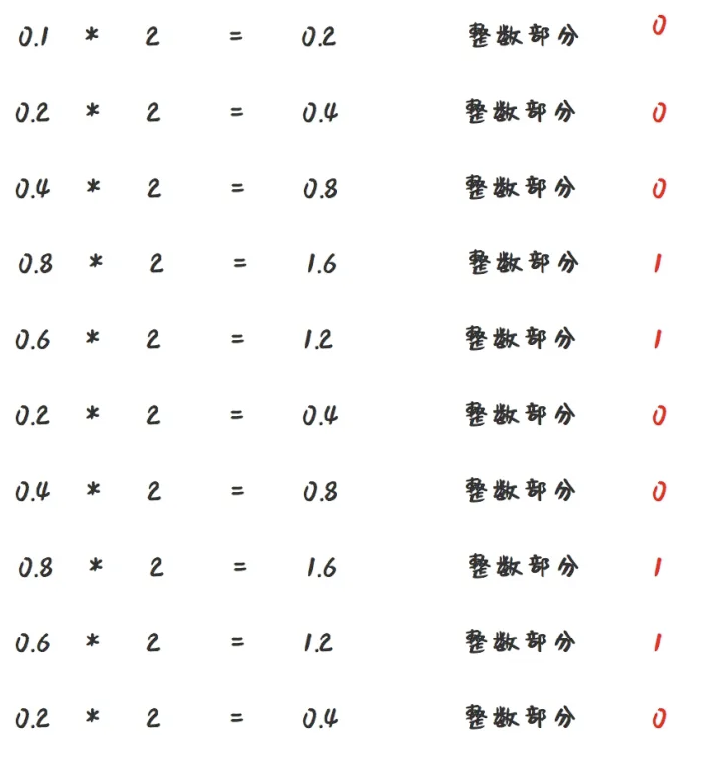
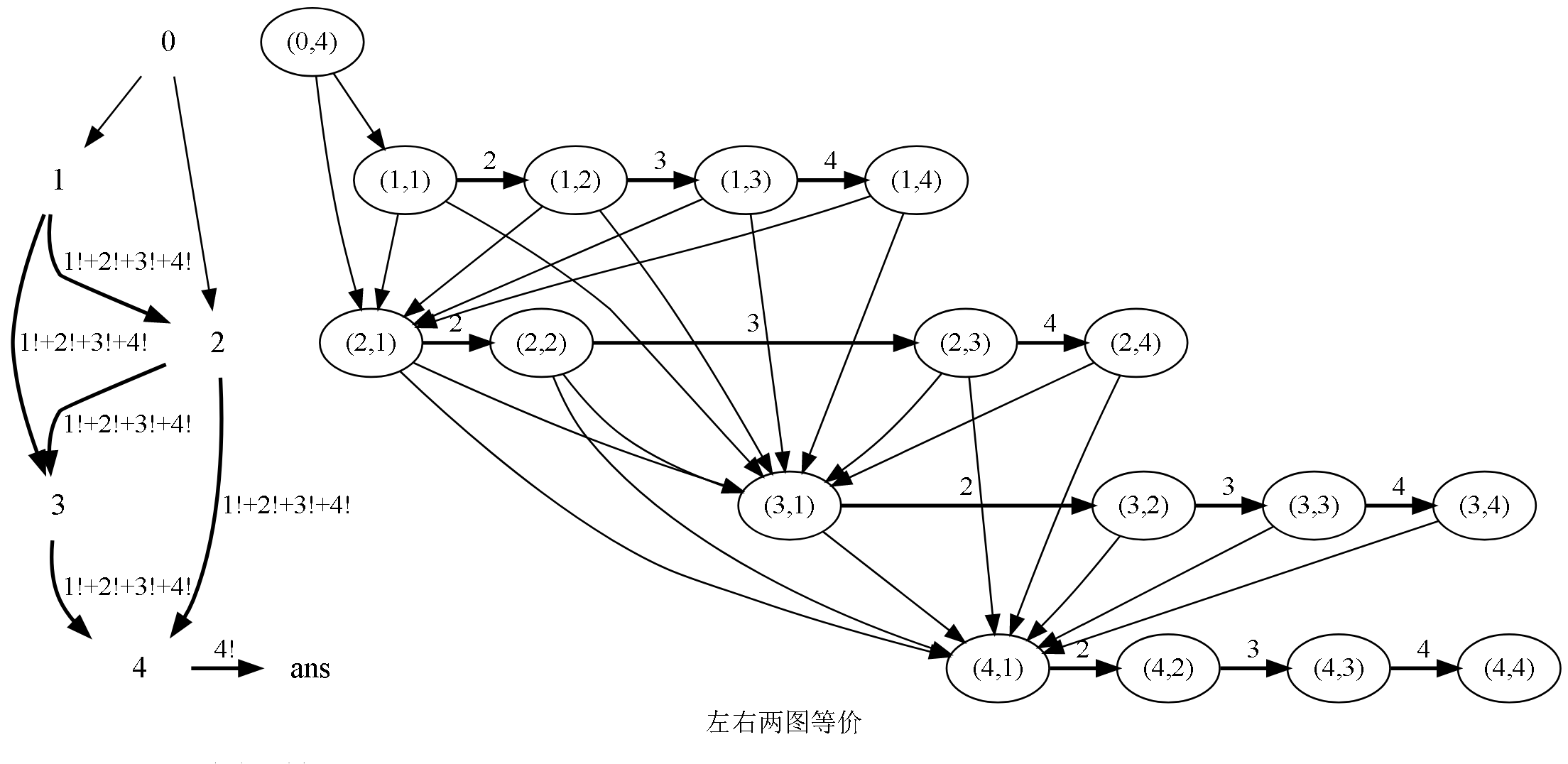

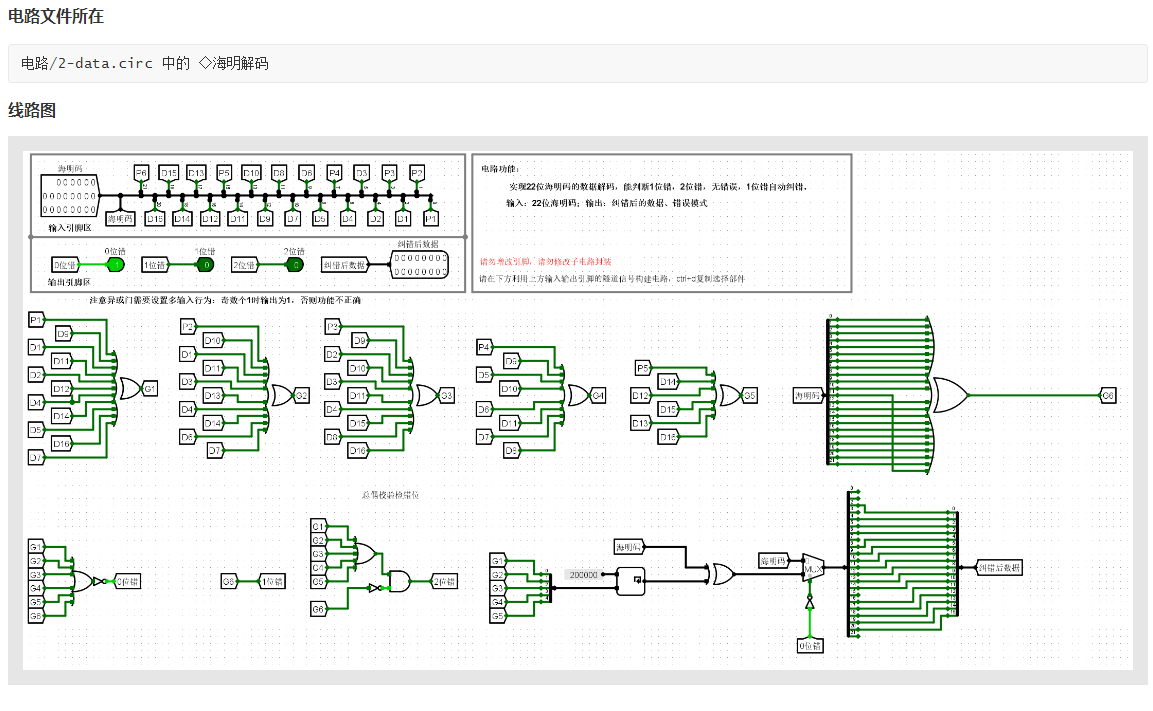
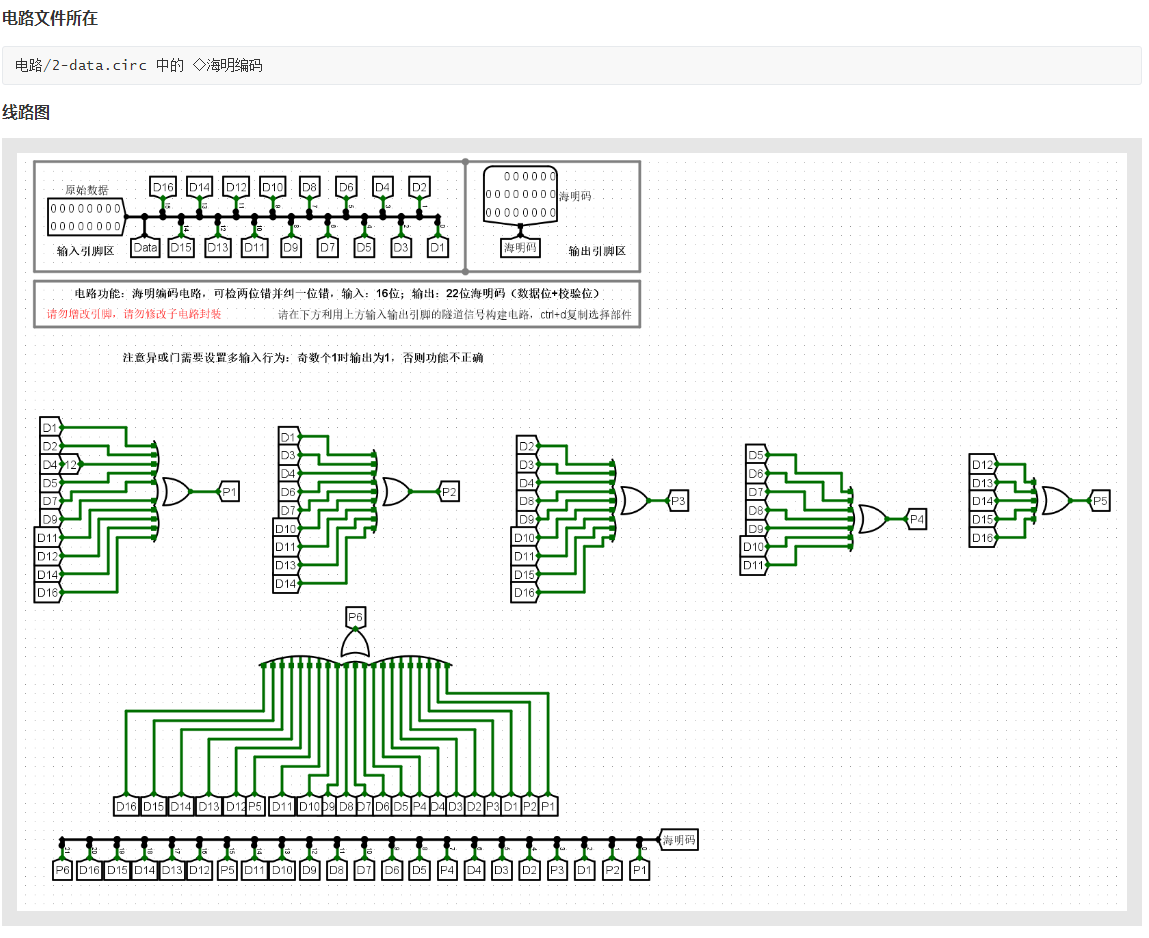



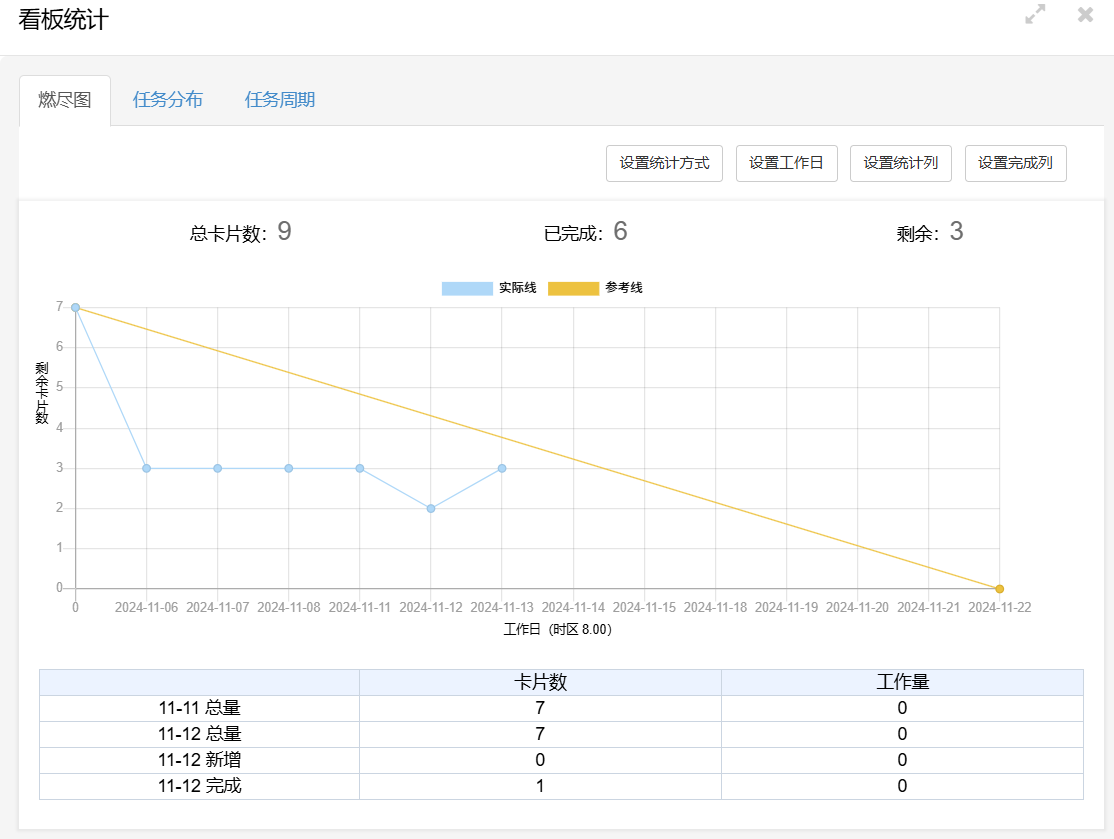
![[Paper Reading] Fusing Monocular Images and Sparse IMU Signals for Real-time Human Motion Capture](https://img2024.cnblogs.com/blog/1067530/202411/1067530-20241112154402566-173245872.png)

